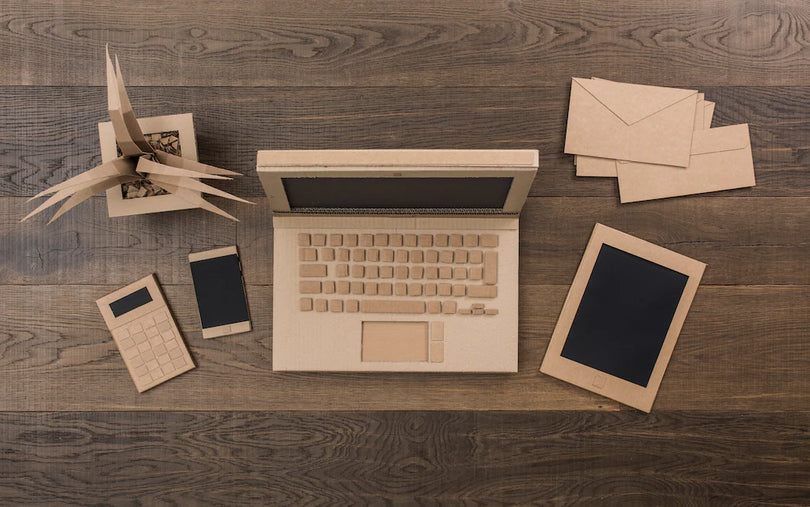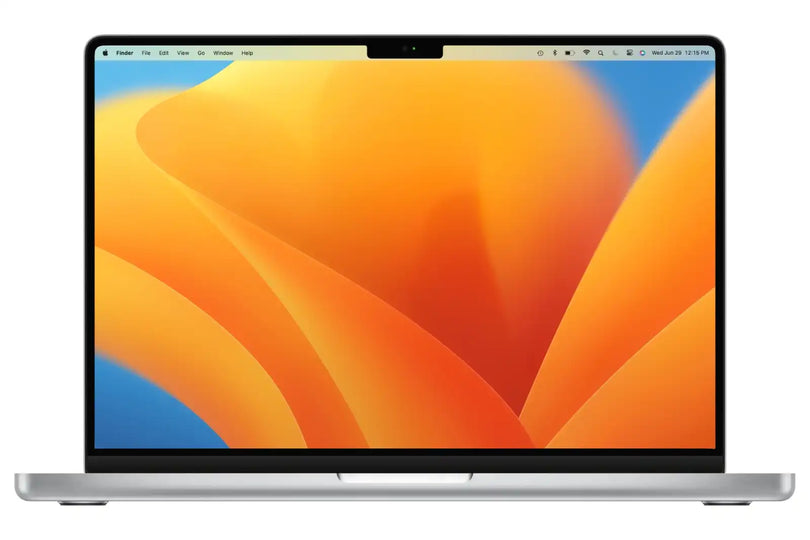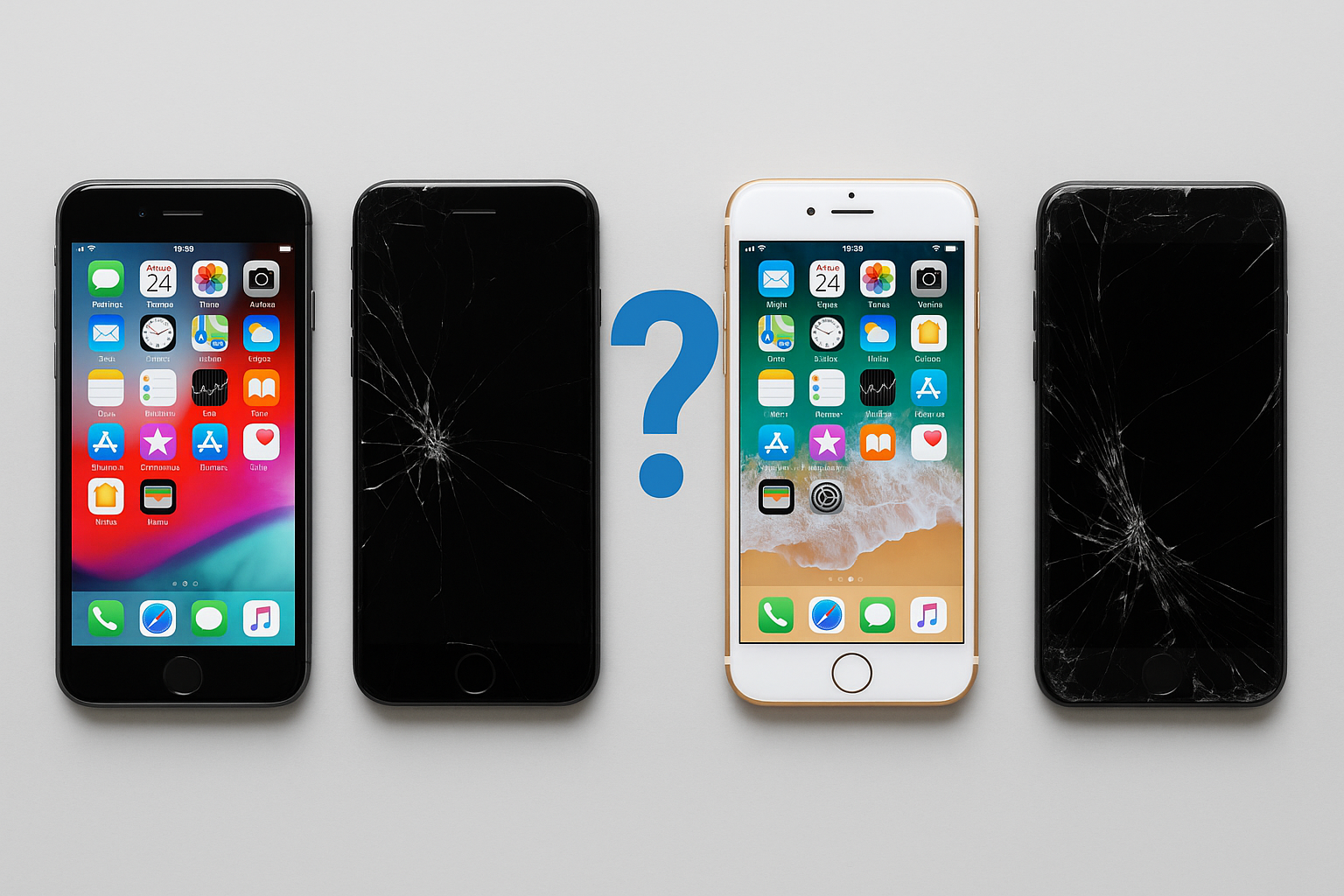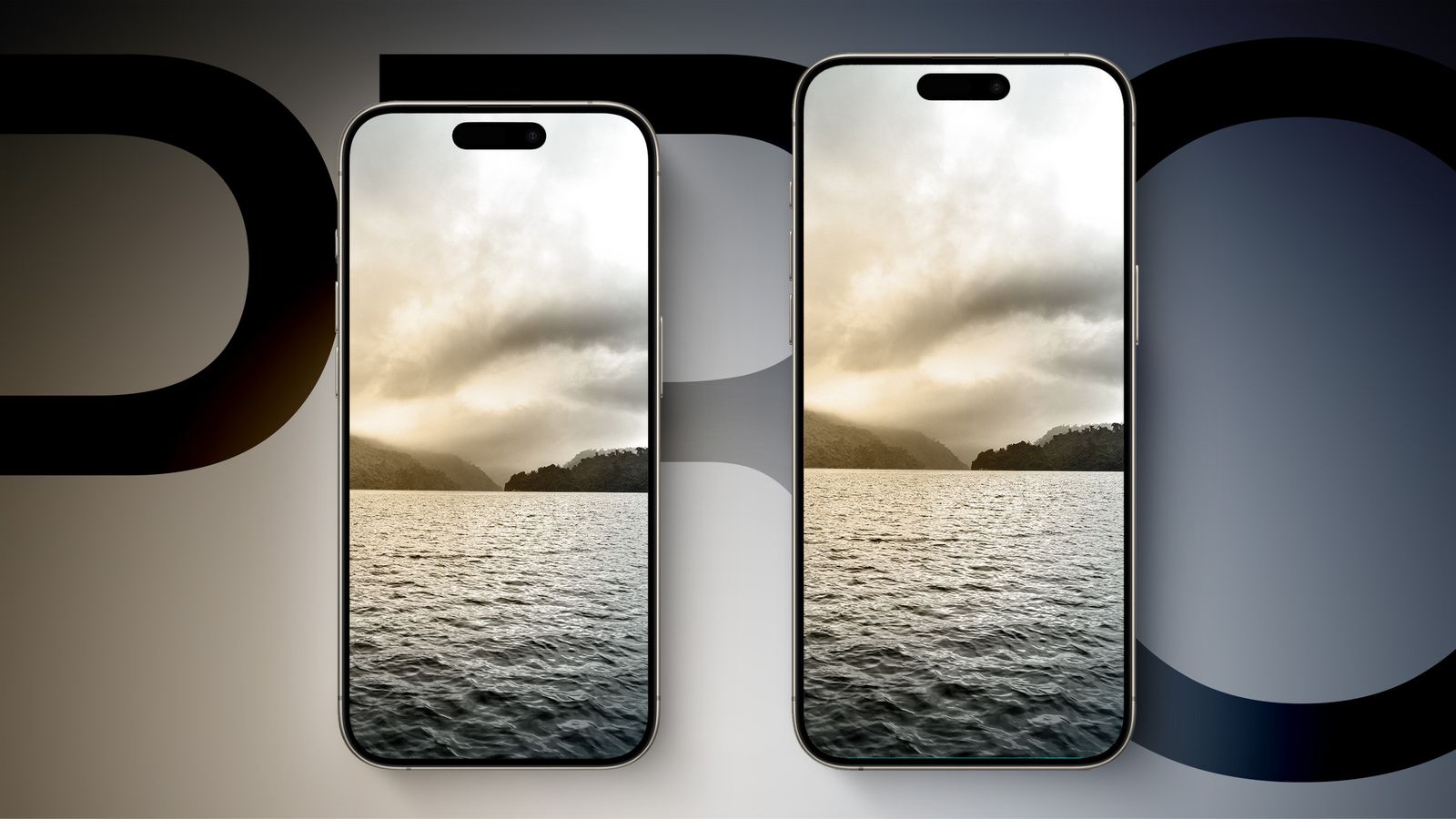-
Major and Software Requirements:
- Design, Art, and Media: Macs are traditionally favored in these fields due to their robust graphics performance and industry-standard software compatibility (like Adobe Creative, Final Cut Pro).
- Engineering and Computer Science: Windows PCs are often preferred due to their compatibility with a wide range of software used in these fields, including specialised programming environments and CAD software.
-
Business: Either platform can be suitable, though Windows PCs might be more compatible with certain business applications.
-
Budget: Windows PCs typically offer a wider range of options that may fit tighter budgets, while Macs are generally more expensive but are praised for their build quality and longevity.
-
Personal Preference and Ecosystem: Consider what devices you already own and your comfort with each operating system. If you have an iPhone and enjoy its integration with other Apple devices, a Mac might be more convenient. Conversely, if you're entrenched in the Microsoft ecosystem, a Windows PC might make more sense.
-
Future Proofing: Think about the long-term value of the device beyond college. Macs tend to have a higher resale value, but Windows PCs are often more upgradeable, allowing for extended use with updated components.
-
University Requirements: Some universities have specific requirements or recommendations based on the course or faculty, so it's always a good idea to check if your department has any particular guidelines.
- Battery Life: Macs usually come with better battery life (especially after the M1 model), which Windows devices are always lacking. If you need to use your device all day without a power adapter, a Mac would be a far better choice.
In the end, it's essential to assess the software you'll need for your studies, your budget, and how the device fits into your overall workflow and lifestyle. If possible, try out both operating systems before making a decision to see which one you're more comfortable with.
Click here if you would like to check out our collection of refurbished Macs, brand-new Windows laptops, and refurbished Windows laptops.






